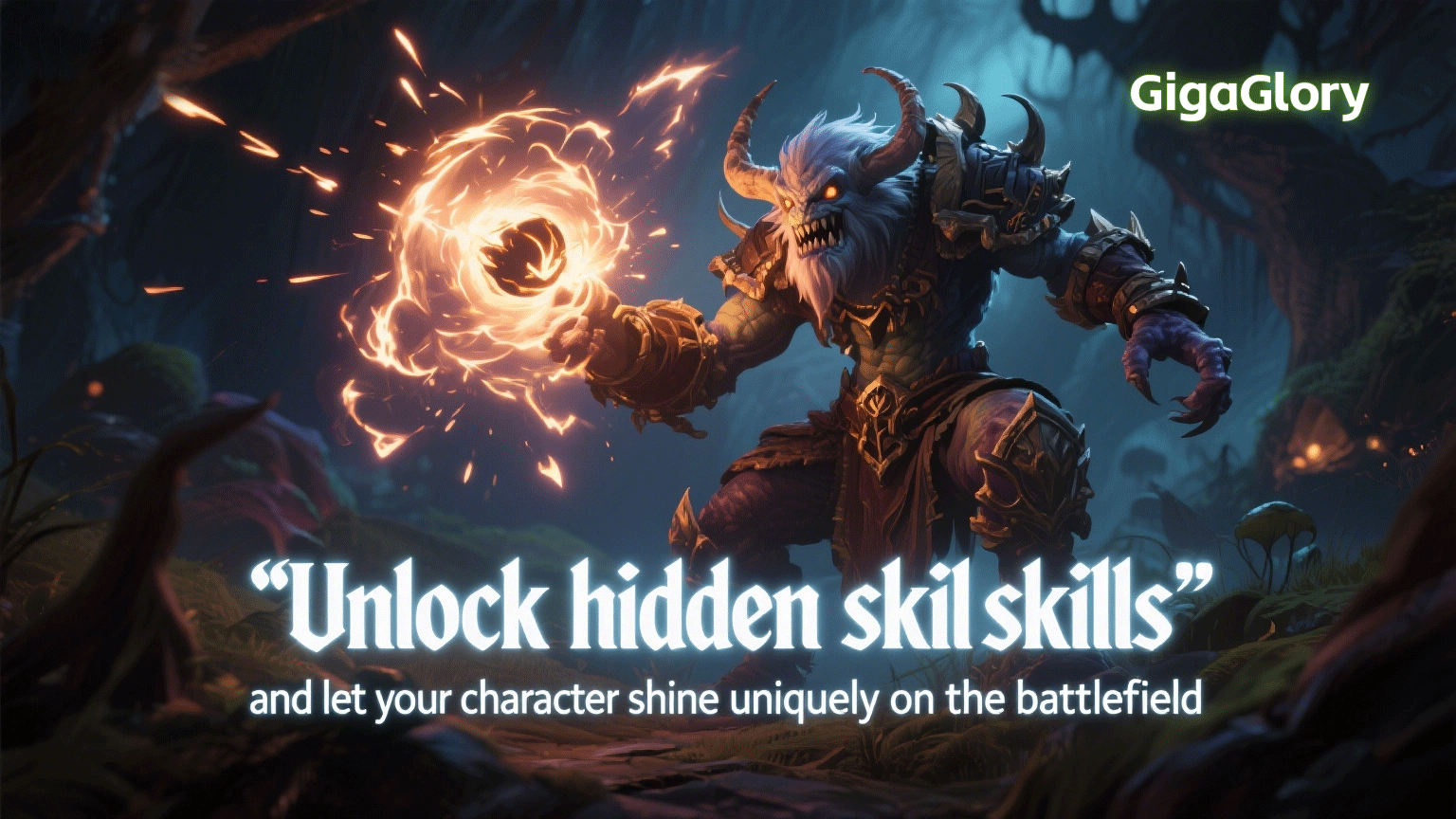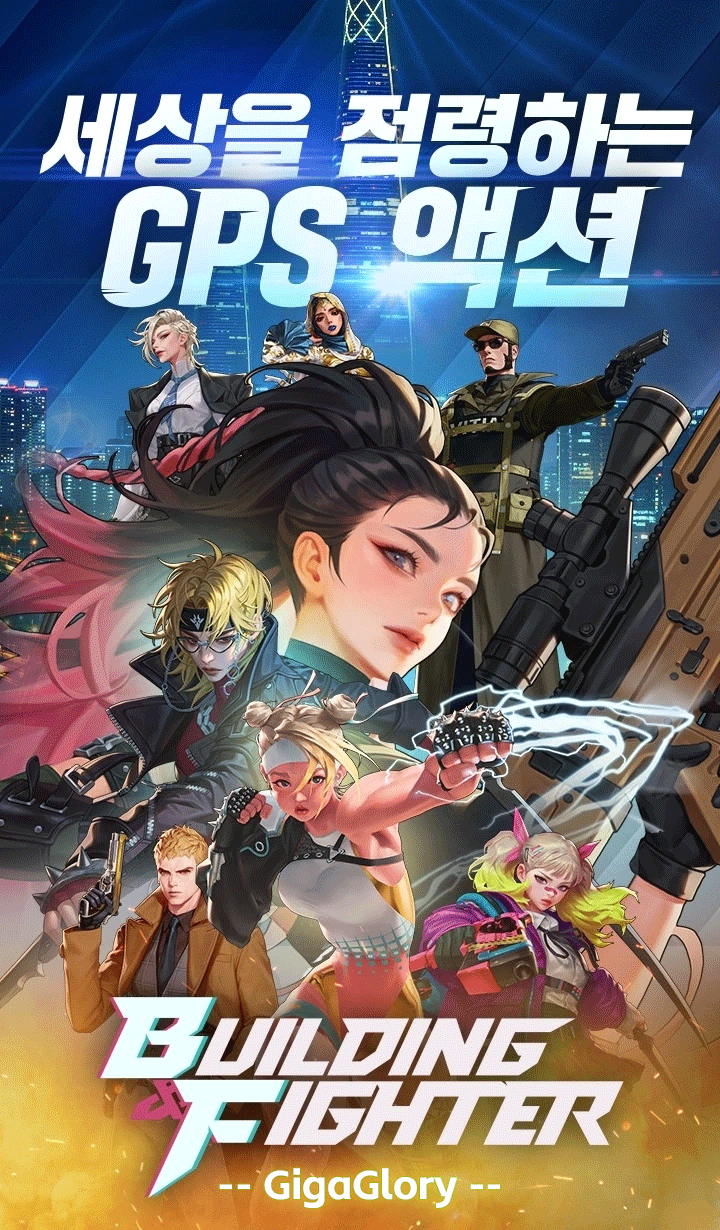How Strategy Games Can Transform Learning: The Rise of Educational Gaming
In recent years, the intersection of gaming and education has sparked interest among educators, parents, and students alike. Strategy games, in particular, have proven to be a powerful tool for transforming the way we learn. Educational gaming is becoming a popular approach to enhance cognitive skills and foster engagement among learners. Let's dive into how these games are reshaping the educational landscape.
Understanding Strategy Games and Their Educational Potential
Strategy games require players to think critically and make decisions based on complex scenarios. By engaging in these virtual challenges, players develop skills that can be applied in real-life situations. But how exactly do strategy games facilitate learning?
- **Critical Thinking**: Players analyze situations and determine the best course of action.
- **Problem Solving**: They confront challenges that require innovative solutions.
- **Collaboration**: Many strategy games encourage teamwork, improving social skills.
The Rise of Educational Gaming: A New Era
The emergence of educational games is a testament to the growing acknowledgment of gaming's educational benefits. Platforms like Clash of Clans and games that incorporate elements of tactical thinking have paved the way for educational strategies that resonate with learners. Here’s a quick look at some influential educational games:
| Game Name | Focus Area | Key Features |
|---|---|---|
| **Delta Force Nuke** | Strategic Planning | Team-based missions, resource management |
| **Civilization VI** | History & Culture | Building empires, diplomatic strategies |
| **Minecraft: Education Edition** | Creativity & Innovation | Building and creating in a 3D environment |
How Strategy Games Encourage Engagement
One of the most significant challenges in traditional education is maintaining student engagement. Educational gaming introduces an interactive element that traditional methods often lack. Here’s why it works:
- **Immersive Experience**: Players become part of the game narrative, enhancing their emotional connection with learning.
- **Instant Feedback**: Many games provide immediate feedback on decisions, allowing players to learn from their mistakes.
- **Fun Factor**: Let’s face it, games are fun! When learning feels like a game, students are more likely to participate.
Equipping Educators: Skills and Tools
For teachers to effectively integrate strategy games into their classrooms, they need the right skills and tools. Understanding the mechanics of these games can help educators identify which ones will best suit their teaching goals. Here are a few essential skills:
- **Game Literacy**: Familiarity with various types of games and their educational value.
- **Adaptability**: Ability to tailor game mechanics to fit curriculum standards.
- **Assessment Strategies**: Developing methods to evaluate learning outcomes achieved through gameplay.
Challenges in Implementing Educational Games
Despite the benefits, integrating strategy games in education isn’t without its challenges. Here are some hurdles educators may face:
- **Technology Access**: Not all students may have access to the necessary devices or internet.
- **Curriculum Alignment**: Ensuring that games align with educational standards can be tricky.
- **Time Constraints**: Allocating class time to games while covering the syllabus can be difficult.
Case Study: Successful Implementations of Game-Based Learning
Many schools have successfully integrated strategic gaming into their curriculum, yielding remarkable results. For example, a Slovak elementary school adopted the use of **Civilization VI** in their history classes and saw:
- **Increased Engagement**: Students were more enthusiastic about history lessons.
- **Improved Critical Thinking**: They demonstrated enhanced ability to analyze historical events.
- **Stronger Collaboration**: Group work sessions improved peer interactions.
Your Role in the Educational Gaming Revolution
As educators, parents, and students, contributing to the educational gaming revolution is essential. Whether it's advocating for the use of strategy games in curricula or developing new educational tools, our involvement can help reshape learning for future generations. Remember, learning through play is not just a trend; it’s a movement!
Conclusion: The Transformative Power of Strategy Games
In conclusion, strategy games present a unique opportunity to enhance the learning experience. By tapping into the core elements of gaming, educators can foster engagement, improve critical thinking, and support the development of essential skills. The rise of educational gaming is reshaping the way we approach education, making it more interactive and enjoyable for learners. So, why not give it a shot? Embrace the change!



